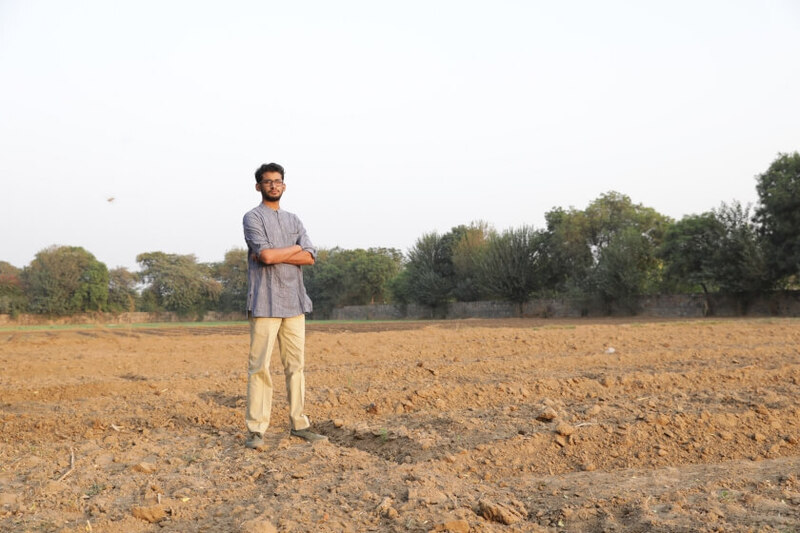
Report highlights 2 Egyptian projects among major clean energy ventures in N.Africa
A report by Energy Capital & Power highlighted two Egyptian projects – Suez Wind Power ...

Indian engineer Vidyut Mohan was named among winners of the Young Champion of the Earth by the United Nations Environment Program (UNEP) for his project of turning waste into energy.
The 29-year-old engineer, who grew up in Delhi, is the co-founder of Takachar. The company buys rice husks, straw and coconut shells from farmers and turns them into charcoal, saving the debris from the fires, which are also a driver of climate change.
“I’ve always been passionate about energy access and creating income opportunities for poor communities,” said Mohan. “(That) is at the heart of finding answers to the difficult question of balancing economic growth and climate change mitigation in developing countries.”
Since Takachar was launched in 2018, Mohan and co-founder Kevin Kung have worked with about 4,500 farmers and processed 3,000 tons of crops. Those efforts were recently recognized by the United Nations Environment Program, which named Mohan a 2020 Young Champion of the Earth. The award provides seed funding and mentorship to promising environmentalists tackling the world’s most pressing challenges.
“The open burning of agricultural residues is a big source of air pollution in many parts of the world,” says Mark Radka, chief of the energy and climate branch at UNEP’s Economy Division. “The practice also contributes to climate change by releasing tiny particles of black carbon into the atmosphere. Takachar’s innovative technology can help farmers turn what is currently thought of as waste into a valuable resource while helping clean up our environment.”
Working with farmer associations, Takachar has piloted a portable machine that roasts agricultural waste at high temperatures and converts it into charcoal, fertilizer and activated carbon, which is popular in filtration systems.
“It runs on the heat it produces. It needs no other source of energy,” says Mohan, who started dabbling in the technology during his master’s studies at the Technical University of Delft in the Netherlands.
The machine can consume around 200kg of product per hour and be operated up to 20 hours a day. Mohan says it is low cost – about a third the price of traditional crop conversion equipment – and is designed to be employed in remote areas.
The activated carbon Takachar generates is sold to companies, like Brita, for use in water filtration products. According to Mohan, there’s a huge market for more sustainable activated carbon as, globally, 60 per cent of the substance is made from wood and coal.
“We’d like to scale the amount of activated carbon that can be produced from biomass, starting with making the coconut shell value-chain less polluting than what it is right now and bringing the value more towards farmers,” Mohan said.
Takachar is working with a partner in Kenya on scaling fertilizer production and Mohan has big plans for the future. By 2030, he hopes to be working with 1 million farmers and he thinks Takachar technology could help prevent the release of 700 million tons of greenhouse gas emissions.
“Slowly and gradually all funding streams available and support services are turning towards sustainability,” said Mohan. “Companies are going to lose if they don’t become sustainable in the long run.”
A report by Energy Capital & Power highlighted two Egyptian projects – Suez Wind Power ...
The opening concert of the Annual Meeting 2025 in Davos-Klosters will address the pressing issues ...
Juhayna Food Industries proudly announced that its agricultural arm, El Enmaa for Agricultural Development, has ...


اترك تعليقا